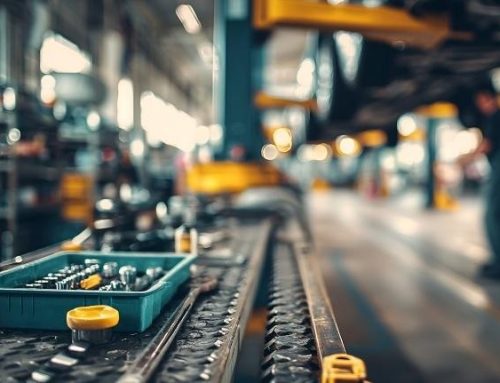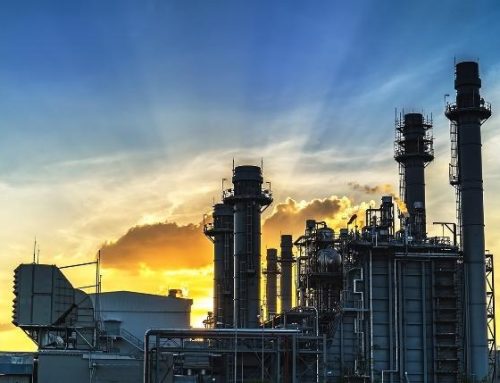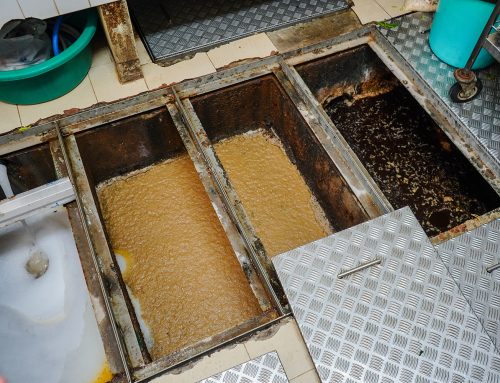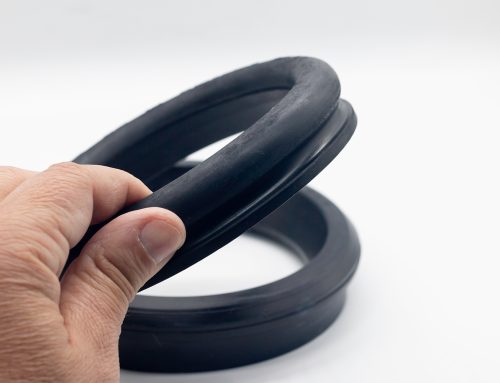Fighting Corrosion in Desalination Plant Concrete
August 12, 2024
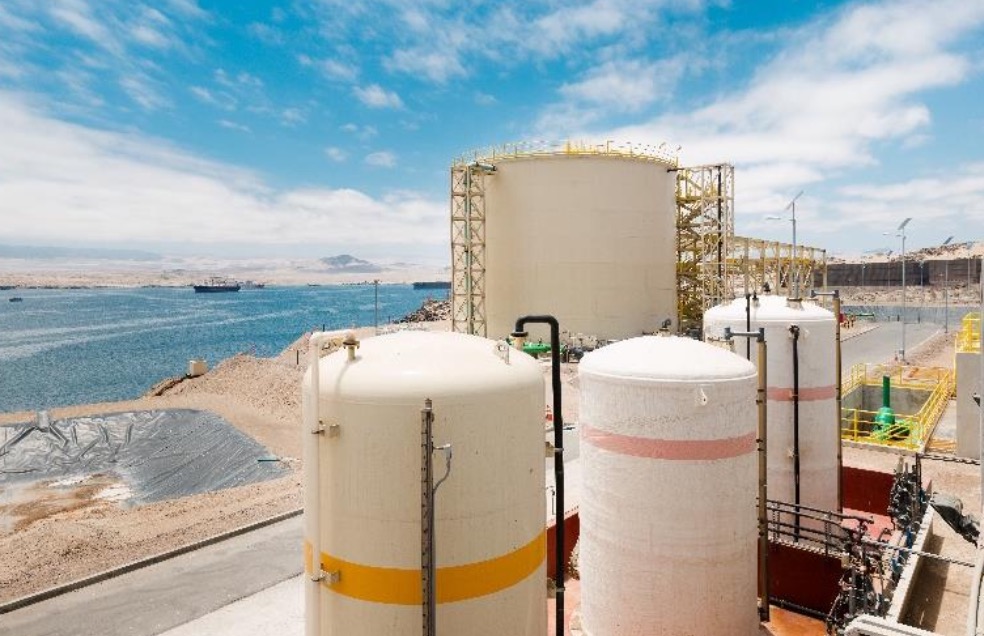 Desalination has become an important strategy to meet the demand for scarce fresh water around the globe. This market is projected to expand at a CAGR of 8.91% from now until 2029, with the MENA (Middle East North Africa) region comprising the largest share. While such critical infrastructure investments must be built for longevity, the use of a high salinity resource puts more stress on metal structural components, such as reinforcing steel in concrete. With this in mind, Cortec® recommends MCI® Technology as a cost- effective strategy to increase sustainability by extending the service life of reinforced concrete desalination plant structures.
Desalination has become an important strategy to meet the demand for scarce fresh water around the globe. This market is projected to expand at a CAGR of 8.91% from now until 2029, with the MENA (Middle East North Africa) region comprising the largest share. While such critical infrastructure investments must be built for longevity, the use of a high salinity resource puts more stress on metal structural components, such as reinforcing steel in concrete. With this in mind, Cortec® recommends MCI® Technology as a cost- effective strategy to increase sustainability by extending the service life of reinforced concrete desalination plant structures.
Migrating Corrosion Inhibitors (MCI®) for Reinforced Concrete
The latest generation of MCI® Technology consists of amine carboxylates that migrate through the concrete pore structure and form a molecular protective layer on reinforcing metal. Classified as mixed inhibitors, they inhibit both anodic and cathodic corrosion reactions, thus delaying time to corrosion and reducing corrosion rates once started. This slows down the damaging process in which corrosion products cause rebar to expand, eventually cracking and pushing away the concrete overlay and demanding repair. MCI® Technology can be applied as an admixture directly added to the concrete batch or as a surface applied corrosion inhibitor (SACI) sprayed or rolled on an existing concrete surface and absorbed via capillary action and vapor diffusion.
Specifying MCI® for Vulnerable Desalination Structures
Since seawater has an average salinity of 3.5% and brine rejection water may be twice as salty, corrosion protection is most important for concrete foundations and structures such as the following that handle intake and discharge water:
- Concrete piping used to carry seawater to the plant
- Pretreatment and filtration bins
- Brine discharge chests
Specifying an MCI® admixture such as MCI®-2005 (a USDA Certified Biobased Product) for addition during the construction of these fixtures is a simple step that can dramatically reduce corrosion. Concrete freshwater tanks, although at much lower risk for corrosion, may also benefit from MCI® -2005, especially in harsh climates. Since MCI® -2005 is certified to meet ANSI/NSF Standard 61 for drinking water system components, it is acceptable for use in concrete potable water reservoirs holding desalinated water.
Protecting Existing Desalination Structures
For desalination structures that were built without MCI®, it is not too late to add MCI® protection days, months, or years after construction. MCI® SACIs such as MCI® -2020 or MCI® -2018 (MCI + water repellent) can be applied to the walls of existing seawater and brine handling concrete structures. This is sometimes a strategy to make up for construction errors such as deficient concrete cover for rebar. MCI® -2018 and MCI® -2020 can also be used for maintenance of existing structures by applying a new dose periodically to replenish the inhibitor in the concrete.
Invest in Corrosion Protection
MCI® offers significant benefits at a small fraction of total construction costs. With such a significant potential ROI, it is an important technology for desalination engineers, owners, and maintenance personnel to be aware of as they counter the corrosive effect of seawater and brine on reinforced concrete structures. Contact Cortec® to learn more about making this valuable investment in desalination plant longevity and sustainability.
Keywords: corrosion in desalination plants, fighting corrosion in concrete, corrosion protection, desalination plant corrosion, salinity of seawater, surface applied corrosion inhibitor (SACI), desalination market growth, Cortec MCI, From Grey to Green, seawater corrosion
Need a High-Resolution Photo? Please Visit: www.cortecadvertising.com
For a PDF version please click here.



